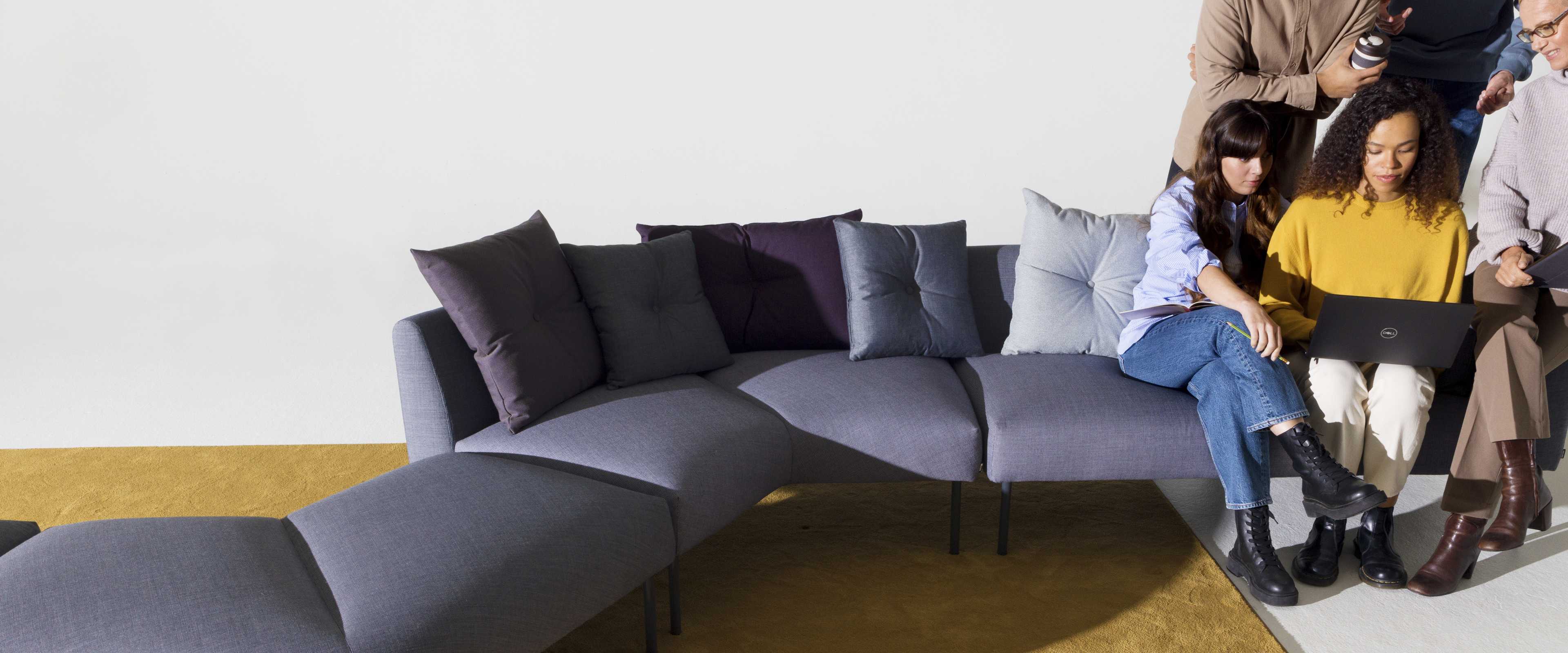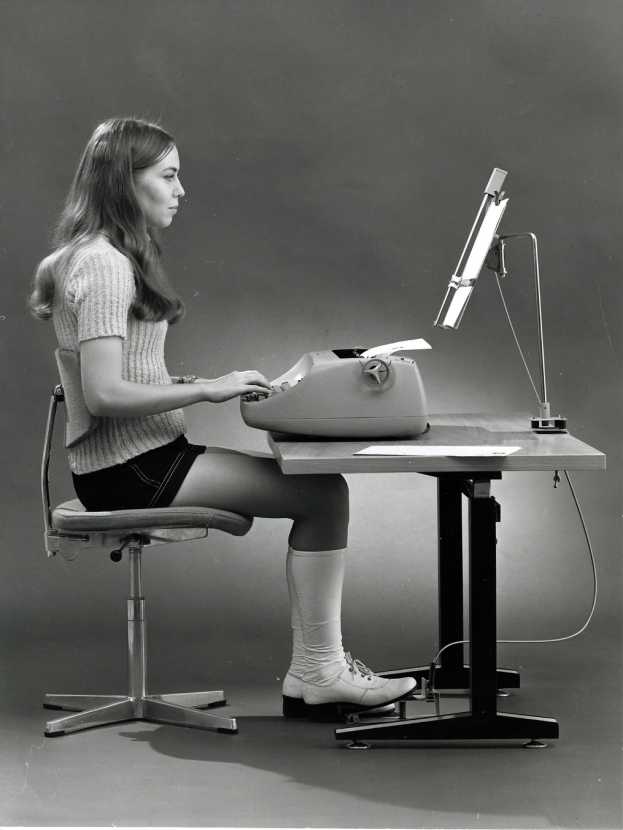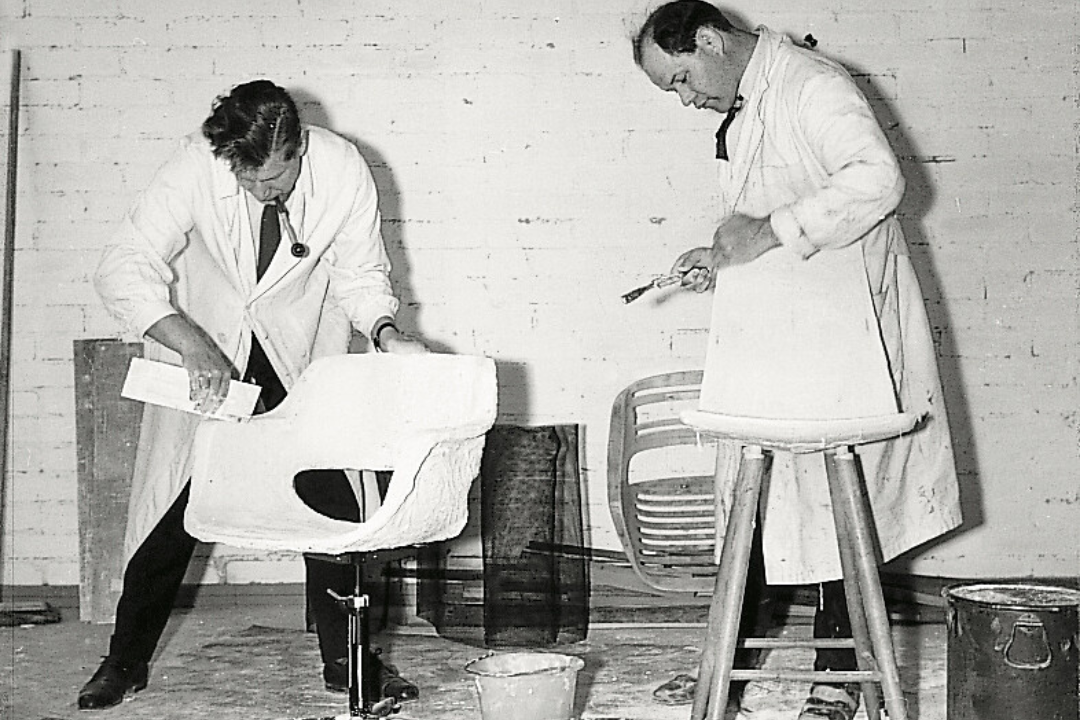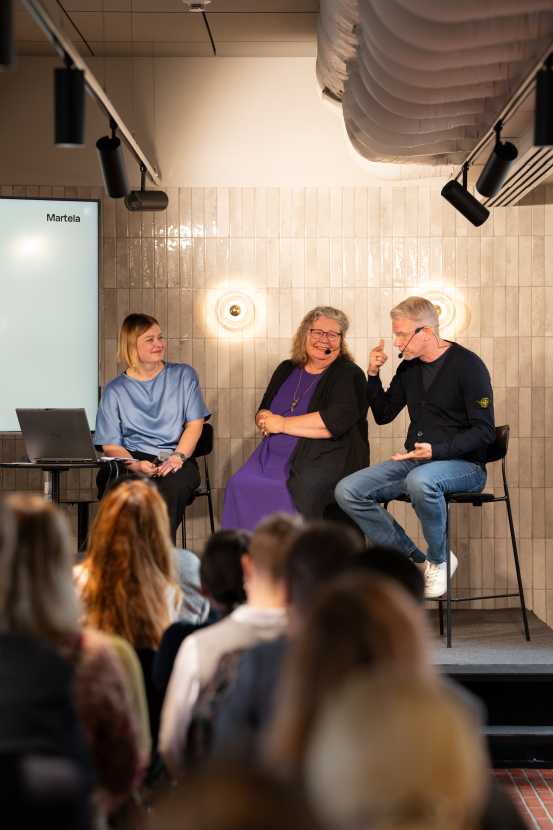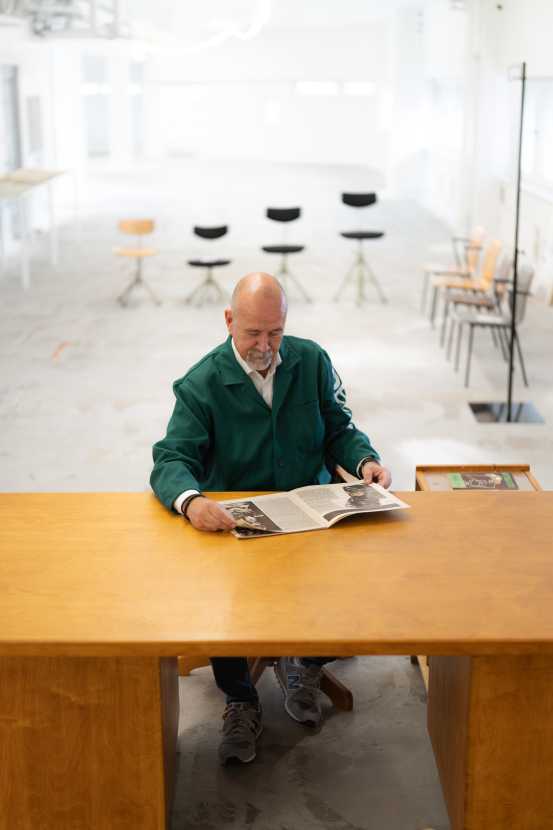Finland’s most well-known office furniture company, Martela, celebrates its 80th anniversary this year. The anniversary seminar and exhibition explore how work has changed – and boldly ask: will offices still be needed in the future?
Martela 80 years – Does the work of the future still need an office?
Martela has been helping to create better working and learning environments since 1945. Originally operating under the name Tehokaluste, the company was founded during the post-war reconstruction era around a simple idea: to make work better through design. Now the focus is on the future: how will the dynamics between people, culture, and space shape work over the next 80 years?
“Workplaces are no longer just physical locations, but strategic tools for success. The workplace is not a cost, but a part of an organization’s competitiveness,” says Suvi Nenonen, work environment researcher and Chair of IFMA Finland, who will be a panelist at Martela’s anniversary event.
In Finland, more remote work is done than anywhere else
The dynamics of work have changed radically. Finland is one of the most active remote work countries in the world, and multi-location work is here to stay. At the same time, however, the social foundation of work – community, culture, and interaction – is undergoing a transformation.
Martela has been closely monitoring this development through its long-term Martela Insights research, which is based on the experiences of over 15,000 office workers and the evolving ways of working. The study shows that while work models are becoming more diverse, people’s need to belong to a community and to connect with others remains unchanged.
“Research shows that offices have a value that remote work cannot replace. People need an environment where community, insights, and spontaneous interaction can flourish,” says Eeva Terävä, Martela’s Design Director.
Will offices still exist 80 years from now?
At the anniversary year’s Future of Work panel, experts will discuss the future of work, leadership, and building culture in a changing working life.
Work environment researcher Suvi Nenonen will speak about the evolution of work and workplace management, introducing the well-known iceberg model of the work environment, which illustrates the relationship between the visible and invisible aspects of work: spaces are only the tip of the iceberg – beneath the surface lie culture, leadership, and behavior.
Culture whisperer Panu Luukka will bring the perspective of cultural leadership into the discussion, summing up his message with the well-known definition of company culture: “Culture is what happens when no one is watching.”
According to Luukka, presence and shared experiences are vital for organizations: “People don’t return to the office because they’re told to – they return because they want to. If the office sucks, make it better. The return to the office is a question of leadership, not logistics.”
Martela’s own research data provides a foundation for the discussion: it shows how the quality of space, sense of community, and organizational culture are intertwined.
“We don’t just study furniture – we study work behavior and how it’s changing. Understanding how people truly work is at the core of all design,” summarizes Eeva Terävä.
What did the workstation look like in the 1950s – and what will it look like tomorrow?
In honor of its anniversary, Martela’s Designing the Future exhibition at the Espoo headquarters takes visitors on a journey through the history of Finnish work, from the early days of Tehokaluste to the present. The exhibition showcases how changes in work, technology, and culture have shaped office furniture and ways of working. The exhibition is open on the anniversary day, October 9, and by appointment at other times.
At this exhibition, everything is touchable. Visitors are encouraged to experience workstations from different decades and, above all, to try out how ergonomics has evolved in office chairs over the years.
The exhibition also celebrates the iconic Kilta chair, which turns 70 this year and symbolizes enduring Finnish design – a timelessness that lasts from one generation to the next.
The circular economy is the new normal
Martela is known as a pioneer in design and quality, but its 80th anniversary also marks the beginning of a new era in sustainability.
Our goal is to create work environments that adapt as customer needs change. Our operations are based on the Waste Nothing mindset and the principles of the circular economy: our furniture is designed to withstand time and use, passing from one user to another. Existing furniture is refurbished and reupholstered if needed, items no longer required are recycled for new customers, and materials from furniture that cannot be restored are responsibly repurposed. The circular economy is the new normal – not just a promise.
A concrete example of this is the Martela Outlet, developed in 2009. The Outlet offers recycled products repurchased from our corporate clients, refurbished and ready for use. In addition, Martela has provided refurbishment and circular economy services to its customers for over 15 years, working closely with its partners.
“Turning 80 is not just about our history; it marks the start of a new era. We want to be a pioneer in sustainable working life,” says Martela’s CEO, Ville Taipale.
Information and interview requests
Ville Taipale, CEO
tel. +358 50 557 2611
ville.taipale@martela.com
Eeva Terävä, VP, Brand, Product & Services
tel. +358 50 412 3546
eeva.terava@martela.com
Martela in brief:
Martela is one of the leading Nordic companies developing user-centered work and learning environments. For 80 years, Martela has been improving productivity, well-being, and community at work. The company offers its customers a single point of contact throughout the entire lifecycle of the work environment – from defining needs to optimized maintenance. www.martela.com
